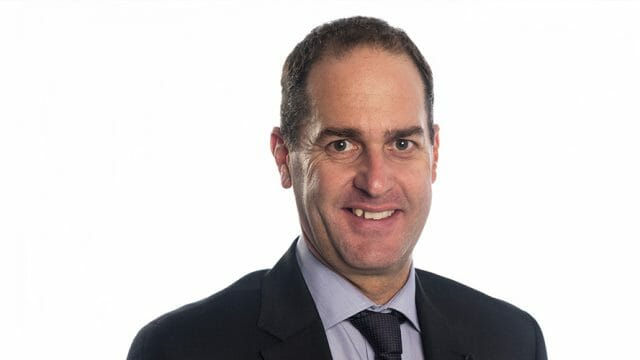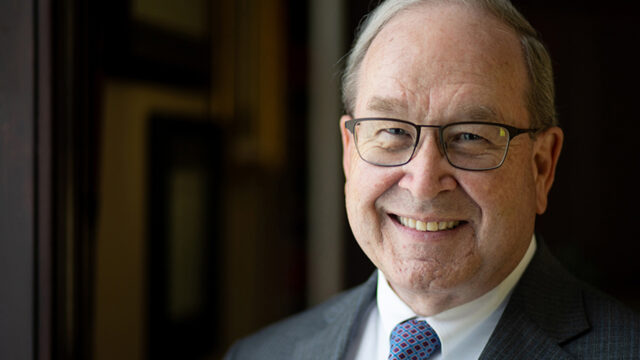If you think the pandemic is taking a long time, what about the end of the world?

I’ve been thinking about the way we’ve experienced the first few months in 2020 and the changes we’ve gone through. Here’s how I’m seeing it.
A new development that affected most of the world came rapidly, in days, not months or years.
The change took the world by surprise. In many ways it illuminated the significant limitations of all human beings, even the smartest ones. Whole countries had to uproot from public spheres such as workplaces and go home, in days, not months or years.
We entered a time of great uncertainty in days, not months or years, with information about the world around us changing quickly, and outlook and prospects changing rapidly, and with the uncertainty growing instead of receding.
Almost since the beginning of this time of change, we’ve been thinking about when we might be relieved of this change and return to a preferable state. We’re thinking about when it will be over.
Do you hear some language in this description that’s familiar to Seventh-day Adventists? We see rapid, uprooting change in a period of great uncertainty, with anticipation of it being over. What does that remind you of?
I’m starting to think of this period of unusual change as a gentle practice run for the end of the world, and we could possibly benefit if we find some of the lessons in it.
My first thought is that the period of change we’re under right now might extend much longer than we think it will or hope it will. It might seem to come close to resolving and then it doesn’t, and we have to go back to uncertainty and limitations and a continuation of the period of strange change we’ve been forced into.
If that happens, how will we react? How will the world around us react? I think we’ll find out quite soon.
Someone mentioned, in one of our many video meetings for work, a phenomenon you may have heard of: that people who are cooped up in close quarters can go six or seven weeks without much problem, and then comes a tipping point. Their mental state or their way of relating to each other may go drastically bad. As we go through some of these types of stages, where are we headed?
I think something that has probably been on the minds of people who are responsible for law and order is that, in such times, malicious elements in society could come into the empty spaces and take advantage of them. But I’m also reading that crime is down at the moment. The mood of the country and much of the world seems subdued, I think it’s fair to say, in spite of pockets of protest. Is it one of those times when, as the Bible says, people cry “peace and safety”? And what is coming after this?
The telling times may come if the situation we find ourselves in now becomes worse instead of better in the coming weeks and months and years. Everyone seems to be hoping and assuming it will get better. But what if it doesn’t?
I’ve been thinking about a few sermons I heard as a child and as a youth, which I grant you was decades ago now. What I remember of those sermons is that, first of all, it seemed as though the preacher had decided too much time had passed since someone gave a pep rally on the second coming of Jesus. The whole focus of the sermon was that Jesus will appear in the clouds, returning just as He left the last time, in magnificent glory that we can’t even begin to imagine. That was the whole sermon from start to finish.
Those sermons were a sensory experience. We were rejoicing in the thrill of seeing and feeling and hearing the massive, overwhelming experience of that coming joyous day.
By the end of those sermons, the preacher had read every Bible promise that we love to hear, that the Son of man will come in all His glory, surrounded by millions of holy angels, and those long dead will be coming back to life. Even as kids we were electrified by this talk of how Jesus’ second coming would be, and we wanted it to happen soon. We felt it very deeply.
We possibly didn’t notice the underlying feeling that this is the promised day when all the uncertainty is over—the long periods of uncertainty and lack of resolution, the long phases that seem to go on and on, wondering what’s coming next. The waiting and waiting and waiting is over.
Ever since I was a child, I’ve been convinced that Jesus is coming back. It’s present with me now. I feel the uncertainty of the times, but I don’t want to live by it.
I read a quote by Thomas Merton in a Sabbath School commentary from some years ago. When Merton was asked how the Shakers, who believed that the world could end at any moment, were still such good craftsmen and could build marvelous furniture, he said, “When you expect the world to end at any moment, you know there is no need to hurry. You take your time, you do your work well.”
Jesus is coming back again. We know this. We can take our time. We can do our work well. He is coming back.








